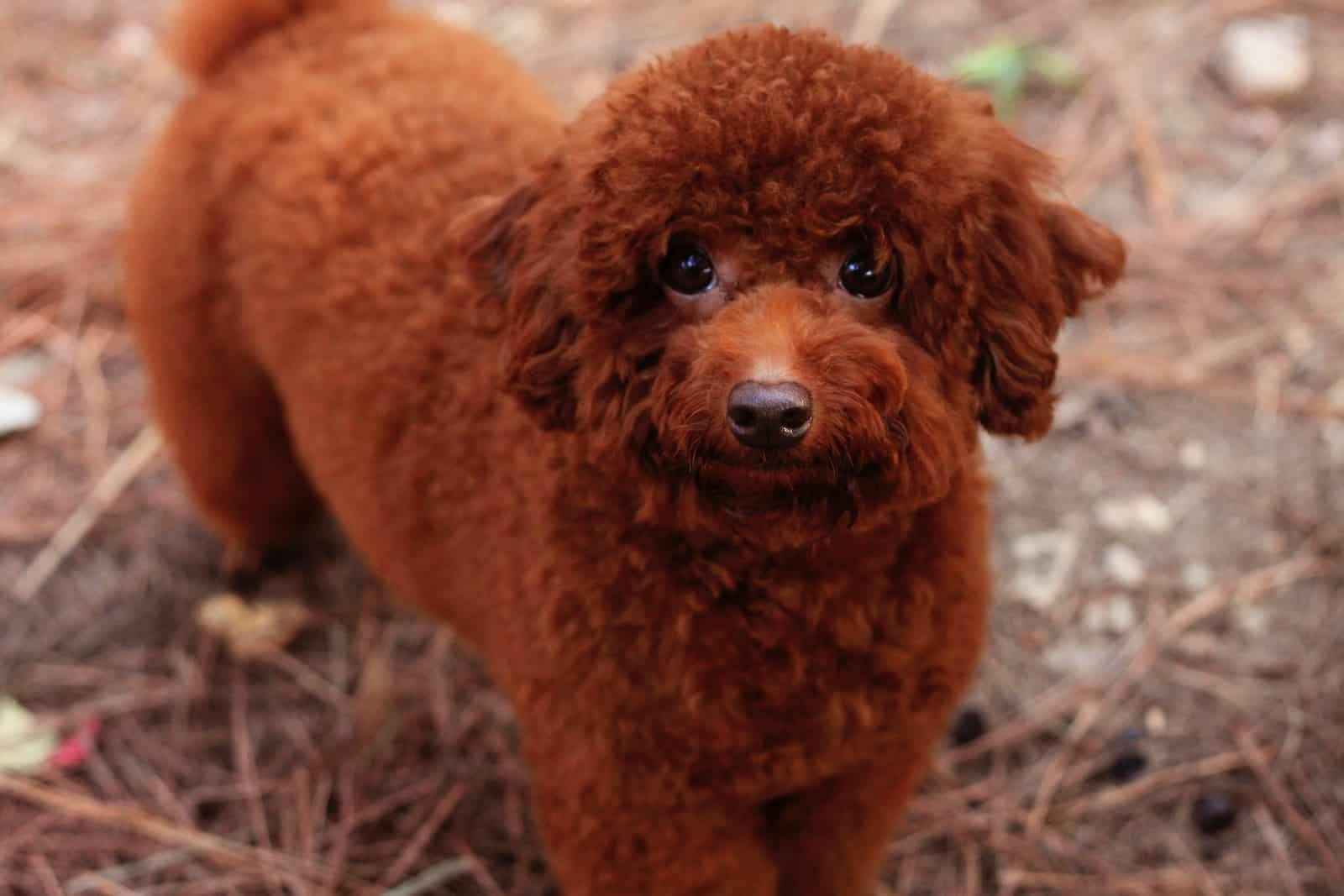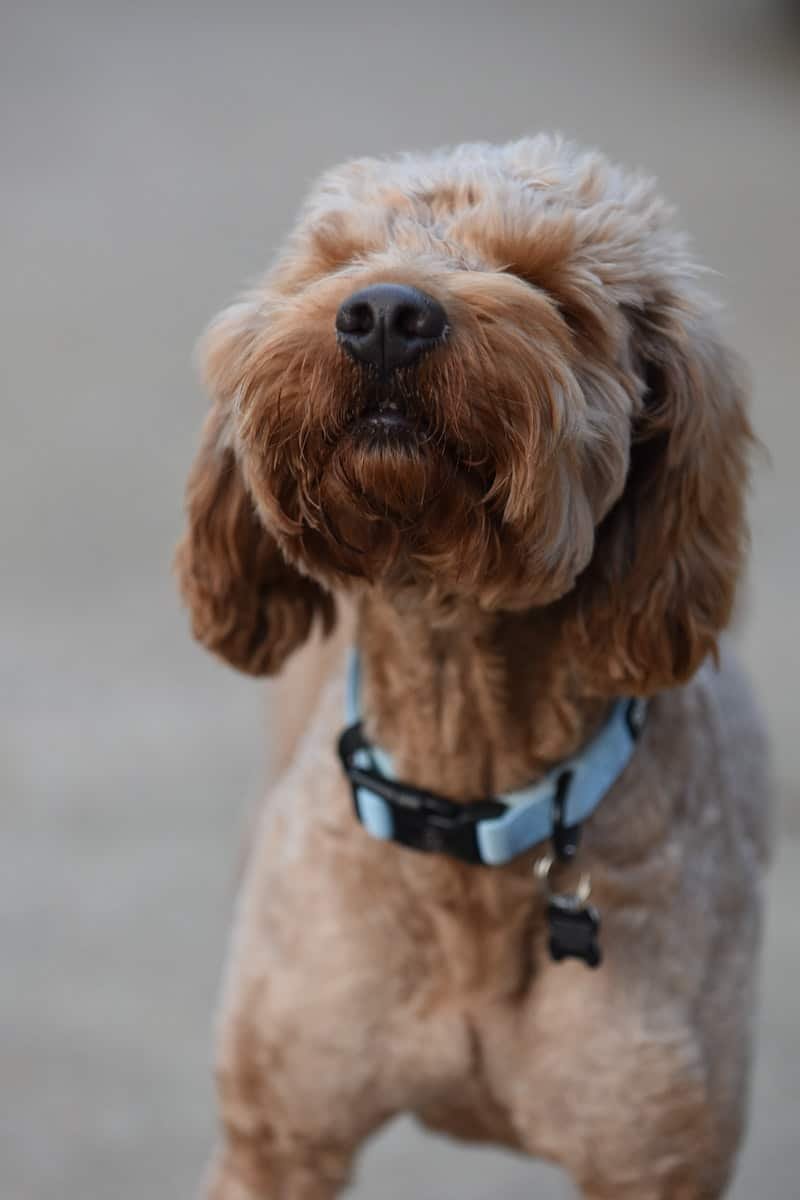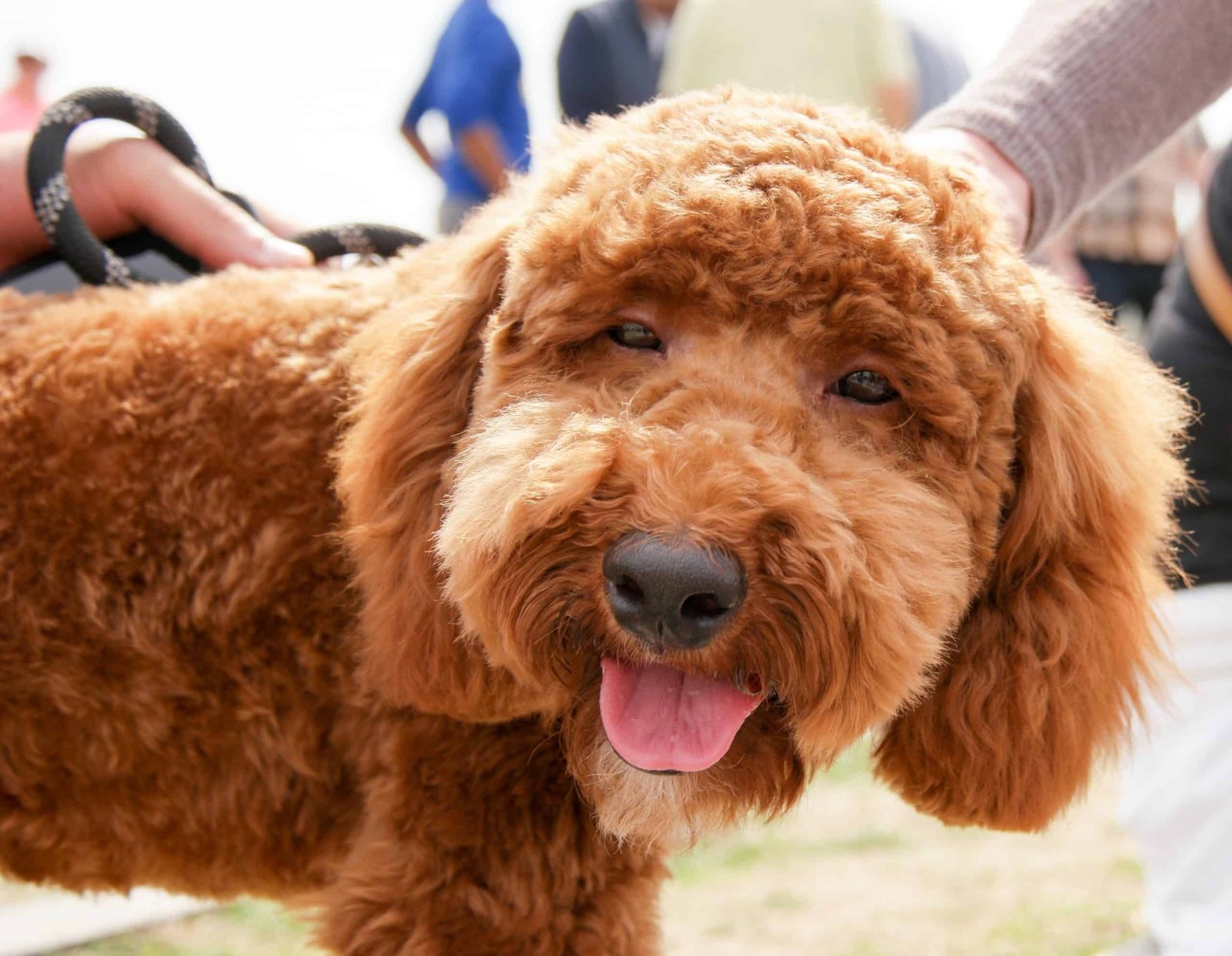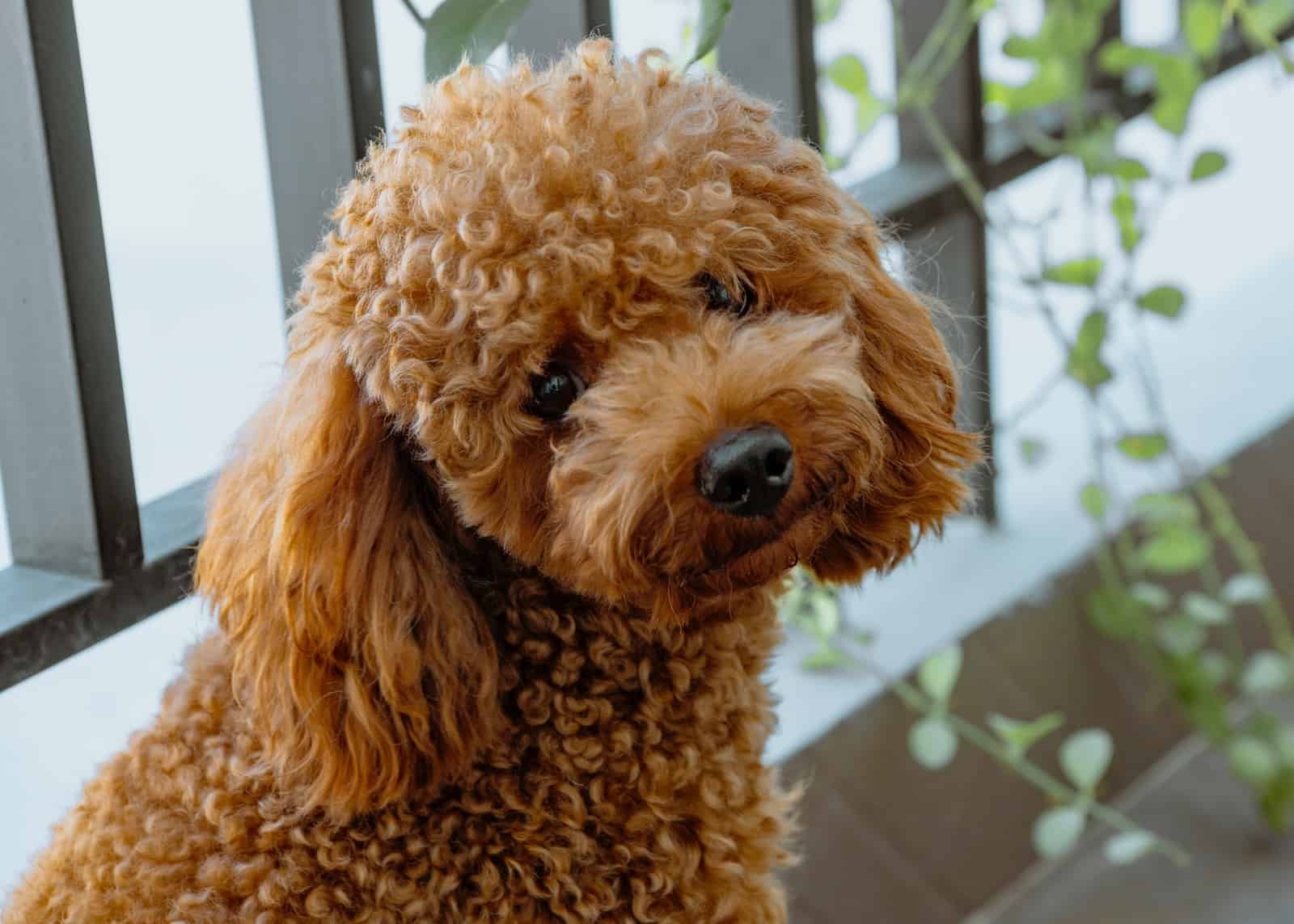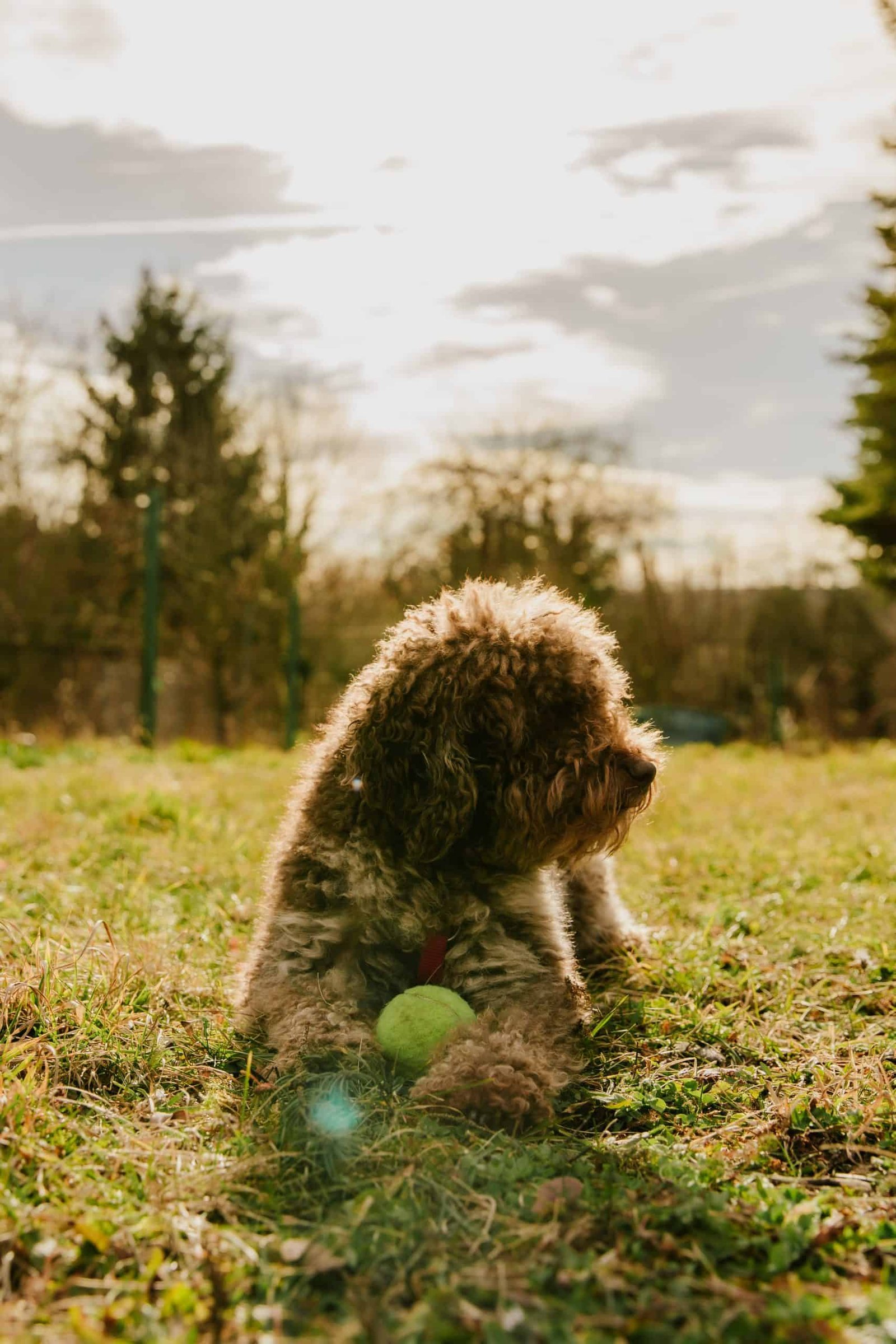Miniature Poodles, a smaller version of the Standard Poodle, are loved for their intelligence, grace, and hypoallergenic qualities. If you’re considering adopting a Mini Poodle, there are several avenues to explore in order to find the ideal canine companion for your family. In this comprehensive guide, we will discuss the various options for adopting Miniature Poodles, along with important aspects of their care and maintenance, to ensure your new furry friend thrives in their new home.
Understanding Miniature Poodles
Before adopting a Miniature Poodle, it’s essential to understand their unique characteristics and needs. Mini Poodles are a part of the Poodle breed, which is divided into three size categories: Standard, Miniature, and Toy. Miniature Poodles typically stand between 11 and 15 inches tall at the shoulder and weigh between 15 and 17 pounds. They have a curly or corded coat, which can come in a variety of colors, including white, black, brown, gray, apricot, and cream.
These intelligent dogs are known for their agility, trainability, and hypoallergenic coat. They require consistent grooming to maintain their coat’s health and prevent matting. Mini Poodles are also known to be good with children and other pets, making them a popular choice for families.
Where to Adopt Miniature Poodles
There are several options for adopting a Miniature Poodle, including animal shelters, breed-specific rescue organizations, and reputable breeders. Each option has its pros and cons, so it’s important to choose the one that aligns with your preferences and values.
Animal Shelters
Animal shelters house a wide range of dog breeds, including Miniature Poodles. Adopting from a shelter is a great way to save a dog’s life and make room for other animals in need. Additionally, adoption fees at shelters are typically lower than the cost of purchasing a dog from a breeder. The downside is that the selection of Mini Poodles may be limited, and the dog’s background and medical history might be unknown.
Breed-specific Rescue Organizations
Rescue organizations that focus specifically on Poodles or Miniature Poodles are a fantastic resource for finding your new canine companion. These organizations work to rescue and rehome Poodles who have been abandoned, surrendered, or mistreated. Adopting from a rescue organization is a rewarding way to give a deserving dog a second chance at a loving home. While these organizations may have more Mini Poodles available than a general animal shelter, the adoption fees may be higher.
Reputable Breeders
If you prefer to adopt a Miniature Poodle puppy from a reputable breeder, it’s important to do thorough research to ensure the breeder follows ethical practices and prioritizes the dogs’ health and well-being. Reputable breeders will provide you with the puppy’s medical history, vaccinations, and pedigree information. Keep in mind that adopting a Mini Poodle from a breeder will likely be more expensive than adopting from a shelter or rescue organization.
Preparing Your Home for a Miniature Poodle
Before bringing your Miniature Poodle home, it’s essential to prepare your living space to ensure the dog’s safety and comfort. Here are some steps to take:
Remove hazards:
Make sure your home is free of hazards such as loose wires, toxic plants, and small objects that could be swallowed. Secure any chemicals or medications in cabinets and keep trash cans covered.
Create a designated space: Set up a designated area for your Mini Poodle with a comfortable bed, food and water bowls, and toys. This will help your new pet feel secure and establish boundaries within your home.
Purchase supplies: Stock up on essentials such as high-quality dog food, grooming tools (brushes, combs, and nail clippers), a leash and collar, and an identification tag. You may also want to invest in a crate for crate training and transportation.
Dog-proof your yard: If you have an outdoor space, ensure that it’s fully enclosed with a secure fence. Check for any gaps or potential escape routes, and remove any toxic plants or dangerous objects.
Training and Socializing Your Miniature Poodle
Training and socialization are crucial for the well-being and development of your Miniature Poodle. Start training as early as possible to establish good habits and prevent unwanted behaviors.
a. Obedience training: Teach basic commands such as sit, stay, come, and heel. This will help your Mini Poodle understand their role in the household and promote a strong bond between you and your dog.
b. Crate training: Crate training can be beneficial for housebreaking, reducing separation anxiety, and providing a safe space for your Mini Poodle. Introduce the crate gradually and make it a positive experience by rewarding your dog for entering and staying inside.
c. Socialization: Expose your Miniature Poodle to different environments, people, and animals to help them become well-adjusted and confident. Start socialization early to ensure your dog is comfortable in various situations.
Miniature Poodle Health and Grooming
Taking care of your Miniature Poodle’s health and grooming needs is essential for their well-being and happiness.
a. Regular vet check-ups: Schedule routine veterinary visits for vaccinations, dental care, and general health assessments. Regular check-ups can help detect and address potential health issues early.
b. Grooming: Miniature Poodles require consistent grooming to maintain their coat and prevent matting. Brush your dog’s coat daily and schedule professional grooming appointments every 4-6 weeks. Keep their nails trimmed and clean their ears regularly to prevent infection.
c. Exercise: Miniature Poodles are an active breed and require daily physical activity to stay healthy and happy. Incorporate walks, playtime, and mental stimulation into your dog’s daily routine.
d. Diet: Provide a balanced, high-quality diet tailored to your Mini Poodle’s age, size, and activity level. Monitor your dog’s weight and adjust their food intake accordingly to prevent obesity and associated health issues.
Common Health Issues in Miniature Poodles
While Miniature Poodles are generally a healthy breed, they can be prone to certain health issues. Some common health concerns include:
a. Hip dysplasia: A genetic condition where the hip joint doesn’t fit properly, leading to arthritis and pain. Regular veterinary check-ups and maintaining a healthy weight can help manage this condition.
b. Progressive Retinal Atrophy (PRA): A degenerative eye disease that can lead to blindness. Responsible breeders should test for this condition, but regular eye exams are still recommended.
c. Epilepsy: A neurological disorder causing seizures. Consult with your veterinarian for proper diagnosis and treatment options.
d. Patellar Luxation: A condition where the kneecap becomes dislocated, causing pain and mobility issues. Mild cases can be managed with medication and weight management, while severe cases may require surgery.
e. Allergies: Miniature Poodles can be prone to allergies, which can manifest as skin irritations, itching, or digestive issues. Identifying the allergen and eliminating it from your dog’s environment or diet is crucial in managing allergies. Consult with your veterinarian for appropriate treatment options and recommendations.
f. Addison’s Disease: A hormonal disorder affecting the adrenal glands, which can cause symptoms such as lethargy, vomiting, and weight loss. Regular veterinary check-ups can help with early detection and management of this condition.
Miniature Poodle Breed History and Fun Facts
Understanding the history and background of the Miniature Poodle breed can help you better appreciate your new canine companion.
a. Origin: Although often associated with France, Poodles actually originated in Germany as water retrievers. The name “Poodle” comes from the German word “Pudel,” which means “to splash in water.”
b. Purpose: The Poodle’s curly coat was originally designed to protect the dog while working in water. The breed’s signature “Poodle clip” was developed to keep the dog’s vital organs warm while allowing them to move efficiently through water.
c. Popularity: Miniature Poodles gained popularity as companion dogs in the 18th century, especially among European royalty and aristocracy. Today, they are well-loved family pets and excel in various canine sports, such as agility, obedience, and rally.
Tips for a Successful Miniature Poodle Adoption
To ensure a smooth and successful adoption process, keep these tips in mind:
a. Research: Thoroughly research your adoption options and make an informed decision based on your preferences and values. This will help ensure that you find a healthy and well-adjusted Mini Poodle to join your family.
b. Patience: Finding the perfect Miniature Poodle may take time. Be patient and don’t rush the process. It’s essential to find a dog that is the right fit for your family and lifestyle.
c. Ask questions: Don’t be afraid to ask questions about the dog’s background, health, and temperament. This will help you better understand your potential new pet and make an informed decision.
d. Meet the dog: Before adopting, spend time with the Miniature Poodle to gauge their personality, temperament, and compatibility with your family.
e. Post-adoption support: Reach out to the adoption organization or breeder for advice and support after bringing your Mini Poodle home. They can provide valuable insight and assistance as you navigate your new life together.
Adopting a Miniature Poodle is a rewarding experience that gives a deserving dog a loving home and provides a loyal companion. By knowing the breed, choosing adoption carefully, and meeting their needs, you can have a happy life with your new Mini Poodle.




